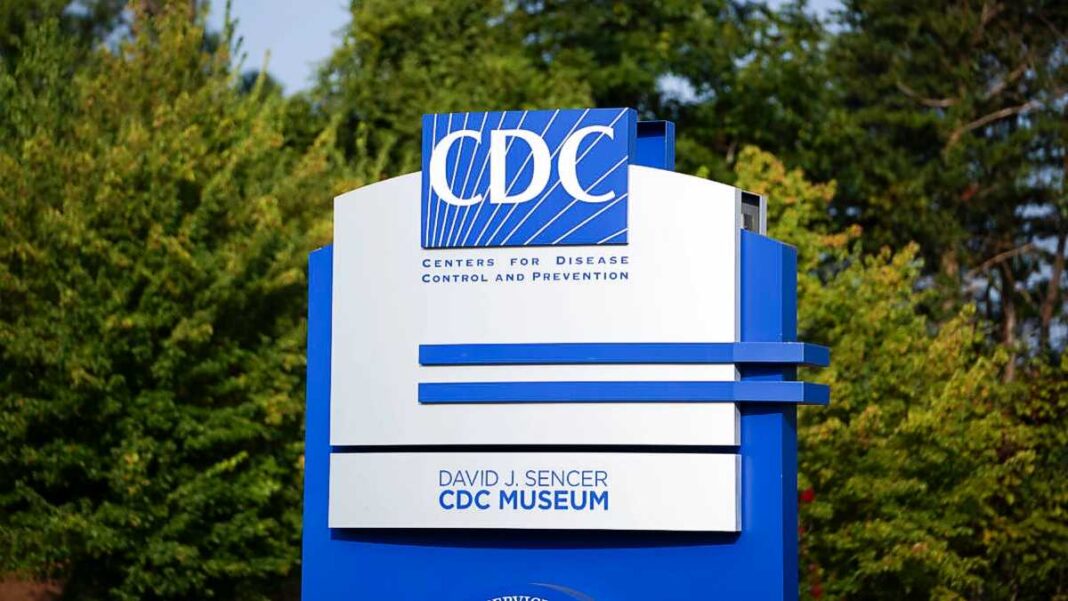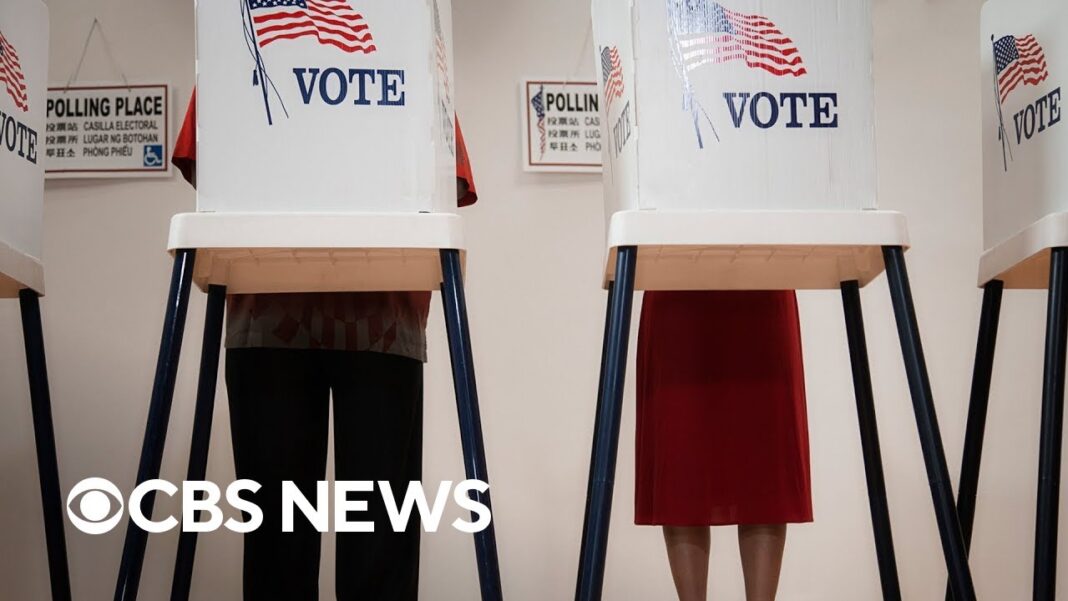The Centers for Disease Control and Prevention on Friday said research shows that antibodies produced by a prior COVID-19 infection or existing vaccines were good enough to protect against a new variant that has been found in the United States.
The CDC suggested in its update that the data is “encouraging” for the latest COVID-19 vaccine booster shot, which is currently being reviewed by federal health agencies. The Food and Drug Administration is scheduled to authorize updated vaccines that target subvariants of Omicron.
“Early research data from multiple labs are reassuring and show that existing antibodies work against the new BA.2.86 variant,” the CDC said in an update on Friday. “These data are also encouraging because of what it may mean for the effectiveness of the 2023–2024 COVID-19 vaccine, which is currently under review. That’s because the vaccine is tailored to the currently circulating variants.”
The public health agency added that the new BA.2.86 lineage of COVID-19 was not driving the small recent increases in cases and hospitalizations in the United States, which the agency attributed to other predominantly circulating viruses.
Since the CDC’s initial risk assessment in August, BA.2.86 has been identified in nine U.S. states as of Friday. The Omicron offshoot has also been identified from both human and wastewater specimens in countries including Japan, the United Kingdom, and Canada.
“Additionally, based on CDC’s experience with past SARS-CoV-2 variants, people will likely have protection against severe disease mediated by both cellular and antibody immunity,” the agency said Friday. “Real-world data are needed to fully understand the impact given the complexities of the immune response to this variant. Additional studies on this are ongoing, and we expect to learn more in upcoming weeks.”
Conflicting Messages
The statement about a prior infection or existing vaccines providing protection comes in contrast to the CDC’s previous comments in late August that the new COVID-19 variant may be more capable than older variants of causing infection in people who have previously had COVID-19 or who have received vaccines.








